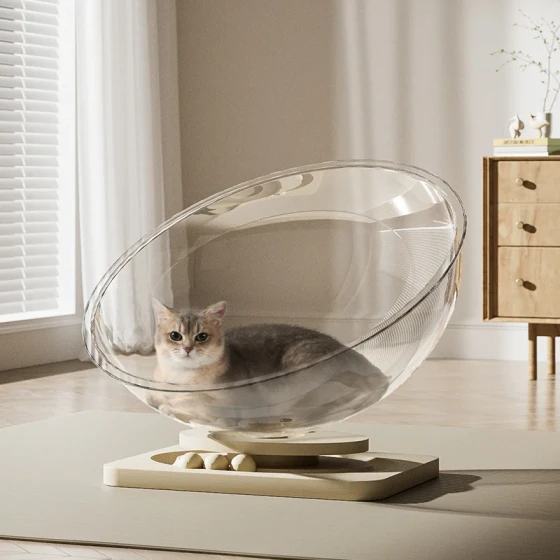Easily Deal with Your Pet Cat Throwing a Tantrum

Turkish Angora Cat
1. If it is a lonely old , consider adding a kitten to accompany it. Because an old and a young cat can more easily accept each other. However, it is important that the kitten is brought home by a person the old cat does not know. The purpose of this is so the old cat does not associate you with the kitten and become jealous.
2. If the old cat is hostile to the kitten, try calling the kitten "the old cat's kitten" because this can create a positive connection between them. Also, when talking to the kitten, talk to the old cat at the same time to engage the old cat and encourage normal contact with the kitten, thus fostering their bond.
3. If the is particularly nervous around someone, try describing that person as the cat's person, such as "This is Lily's cat, and Lily is the cat's person." This links them together. It helps dispel the cat's nervousness and anxiety toward that person, but it requires repeated practice.
4. Cats are very easily influenced by their owner's emotions. As the owner, you should engage in stress-reducing exercises and activities to relax both yourself and your cat.
5. Some owners go to hospitals to use tranquilizers to control their cat's emotions, but using tranquilizers alone only treats the symptoms temporarily. For effectiveness, the cat's behavior must be rebuilt along with the use of tranquilizers to help reduce triggers for aggressive behavior.
6. Music also has a relaxing effect on cats and can reduce their aggressive behavior. You can play your music accompanied by soft background music, which also has a soothing effect on cats.
7. When cats feel nervous, they naturally use their claws to attack their enemies, so you should regularly trim the cat's nails. It is best to have another person hold the cat while trimming to distract it.
In summary, most of a cat's aggressive behavior is caused by emotional stimulation, so owners should avoid anything that might affect their cat's emotions.



